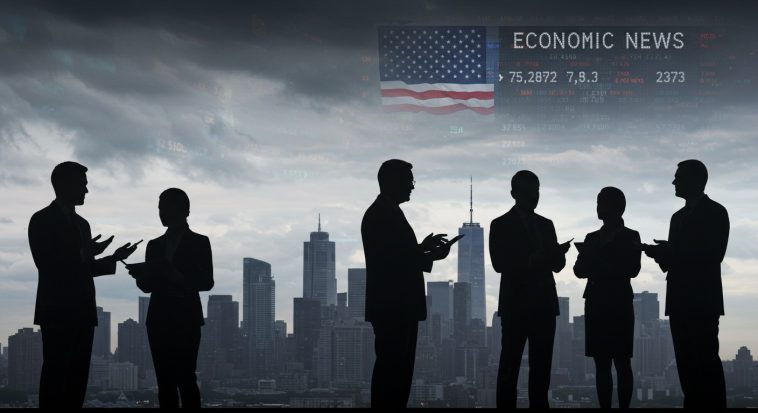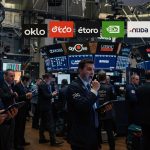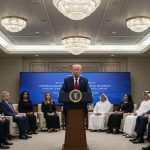JPMorgan Chase CEO Jamie Dimon isn’t ruling out a recession, even as U.S.-China trade tensions show signs of easing. In a candid interview with Bloomberg Television on Thursday, Dimon emphasized that the possibility of a U.S. economic downturn remains very much alive, highlighting persistent uncertainty in both markets and policy.
Recession Odds “Still Elevated,” JPMorgan Says
Speaking on the broader economic outlook, Dimon stressed that while there’s hope a recession can be avoided, it would be unwise to dismiss the risk entirely.
“If there’s a recession, I don’t know how big it will be or how long it will last,” he said. “Hopefully we’ll avoid it, but I wouldn’t take it off the table at this point.”
Dimon deferred to JPMorgan’s in-house economists, including Chief U.S. Economist Michael Feroli, whose latest note to clients characterized recession odds as “still elevated, but now below 50%.” This represents a slight improvement in sentiment following recent developments in global trade negotiations.
Trade Truce Offers Temporary Relief—but Not a Solution
Dimon’s cautionary remarks follow a temporary thaw in trade relations between the U.S. and China. The two economic superpowers recently agreed to a 90-day rollback on certain tariffs, signaling a pause in what had been a steadily escalating trade war.
The U.S. has also extended similar 90-day tariff suspensions to other countries, a move aimed at giving global supply chains a breather. While investors initially welcomed the news, Dimon warned against assuming the worst is over.
“I think the right thing to do is to back off some of that stuff and engage in conversation,” he said. “But there’s still a lot of uncertainty.”
For businesses that rely heavily on imports, tariffs—essentially taxes on foreign goods—are like tolls on a highway. Even a slight increase can create bottlenecks, stall investment, and cloud the outlook for growth.
Investors Remain Cautious
Despite the truce, Dimon pointed out that current tariff levels are still significantly higher than they were a year ago. This, he says, is already causing ripple effects across sectors.
“Even at this level, you see people holding back on investment and thinking through what they want to do,” Dimon noted.
Analysts echo this sentiment. Julia Warren, a senior economist at EastPoint Capital (a fictional firm), noted, “The business community is still on edge. While the tariff pause helps sentiment, it doesn’t resolve the core issues companies face when planning long-term investments.”
This kind of hesitation can slow hiring, capital expenditures, and innovation—all critical drivers of economic growth.
A Shift in Dimon’s Tone
Dimon’s latest comments represent a slight shift from his stance just a month ago, when he predicted a recession was likely. Now, with trade tensions slightly eased, he’s adopted a more cautious—but not optimistic—tone.
Still, Dimon is known for being one of Wall Street’s more level-headed voices, and his caution is often seen as a reliable barometer for broader market sentiment.
What’s Next for the U.S. Economy?
While the current data suggests a mixed picture, one thing is clear: uncertainty remains a central theme. From inflation concerns and interest rate decisions to ongoing geopolitical tensions, multiple variables continue to cloud the path ahead.
Investors, businesses, and policymakers alike are watching closely for signs of either stabilization or further disruption.
In the meantime, Dimon’s message is one of guarded pragmatism.
“We have to be prepared for a range of outcomes,” he said. “That’s just smart risk management.”
With the economy at a crossroads, all eyes are on whether this temporary trade relief can translate into lasting economic stability—or whether deeper challenges lie ahead.



